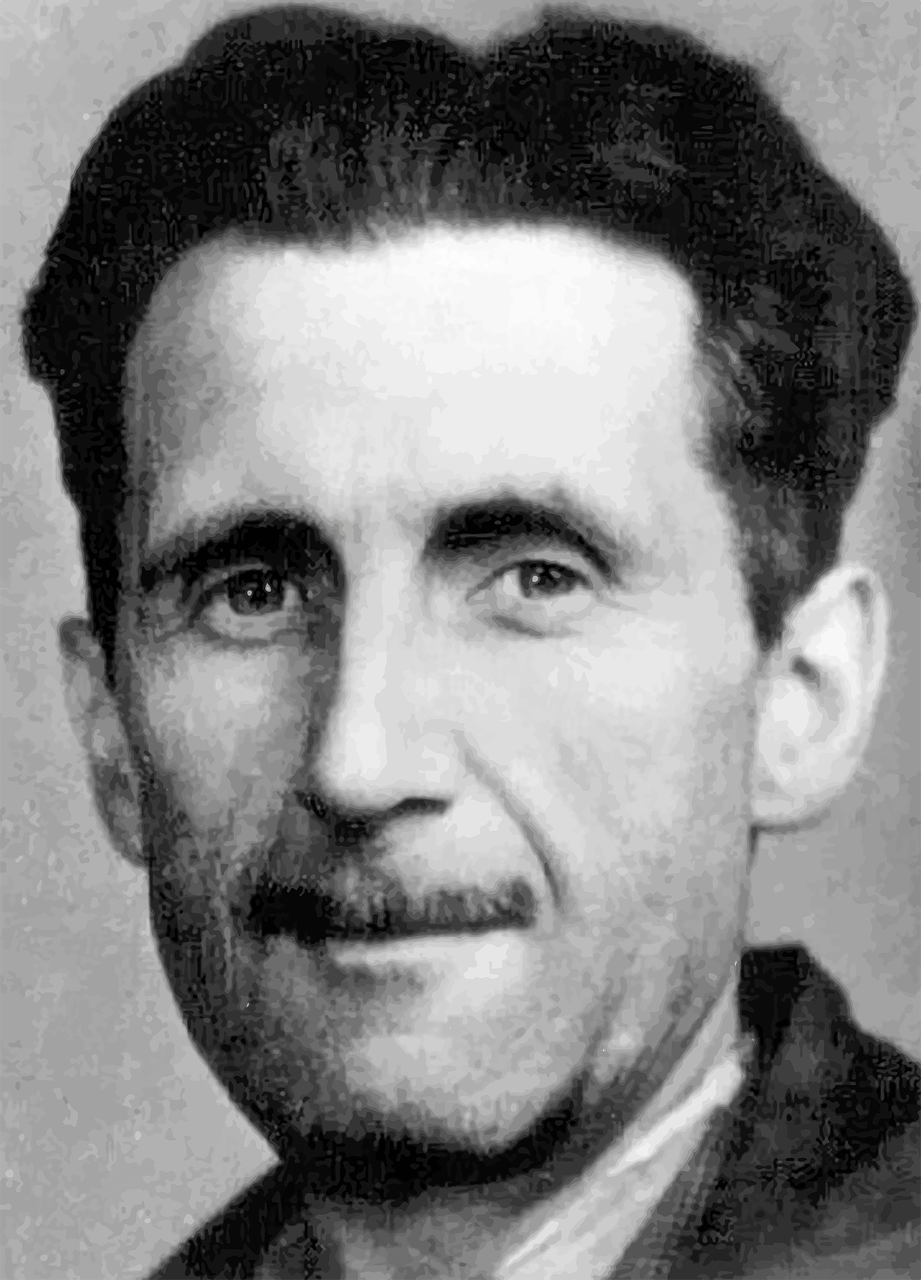George Orwell’s allegorical masterpiece, Animal Farm, published over seven decades ago, continues to shine a piercing light on the political landscape of our world. With a sharp intellect and unyielding honesty reminiscent of the late Christopher Hitchens, Orwell dissected the nature of power, corruption, and the dangers of totalitarianism. Today, his work resonates even more profoundly, as we witness echoes of Animal Farm’s cautionary tale in the tumultuous political theater of the 21st century.
Animal Farm opens with the uprising of the animals against their oppressive human masters, led by the boar Old Major, who speaks of a society free from human exploitation. The revolution, symbolizing the overthrow of tyrannical regimes, results in the establishment of a farm governed by the principles of equality and shared prosperity.
However, Orwell’s keen observation of human nature reveals an unfortunate truth: power corrupts, regardless of who holds it. Gradually, the pigs, led by the clever and manipulative Napoleon, assume leadership positions and transform the farm into a dictatorship. Orwell exposes the ease with which revolutionary ideals are compromised, as the pigs exploit their intelligence to consolidate power and bend the principles of Animalism to their advantage.
Today, we witness similar scenarios unfold as democratic movements, borne out of the desire for freedom and justice, find themselves betrayed by those who seize power. The promise of equality and accountability is often replaced by self-interest, greed, and the subjugation of dissent. Animal Farm remains a timely reminder that vigilance is necessary to safeguard the integrity of any movement for societal change.
One of Orwell’s most potent literary devices in Animal Farm is the corruption of language. As the pigs become more tyrannical, they manipulate and distort the principles of Animalism to maintain control. The phrase “All animals are equal, but some animals are more equal than others” epitomizes their abuse of language to justify their privilege and inequality.
In today’s political landscape, we witness similar abuses of language as propaganda and misinformation are weaponized to manipulate public opinion. The words we use to express our ideals and aspirations can be hollowed out, twisted, and employed as tools of oppression. Orwell’s astute commentary on the perversion of language serves as a warning against the dangers of linguistic manipulation, urging us to be vigilant and skeptical consumers of information.
Orwell’s overarching warning in Animal Farm is the looming specter of totalitarianism. Napoleon’s oppressive regime, supported by his loyal enforcers, the dogs, mirrors the ruthless autocrats that have plagued history and continue to haunt our present. The farm’s transformation into a surveillance state, where dissent is crushed and individual liberties are curtailed, illustrates the all-consuming hunger for control that lies at the heart of such regimes.
Today, we find ourselves grappling with the emergence of authoritarian tendencies and the erosion of democratic values in various corners of the globe. Orwell’s chilling portrayal of the descent into totalitarianism serves as a stark reminder of the dangers of unchecked power and the fragility of democratic institutions. Animal Farm challenges us to remain steadfast in our defense of freedom and democracy, resisting the allure of charismatic demagogues who promise stability at the expense of our fundamental rights.
Animal Farm endures as a literary masterpiece that resonates with the struggles of our time. George Orwell’s piercing critique of power, corruption, and totalitarianism serves as a timely reminder to remain vigilant, to question authority, and to safeguard the principles that underpin a just and free society. As we navigate the complexities of the 21st century, Animal Farm stands as a poignant and cautionary tale, demanding that we
